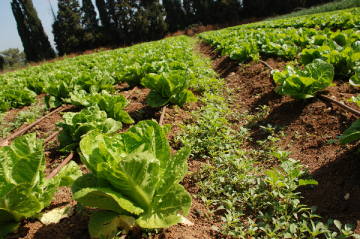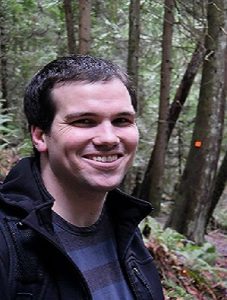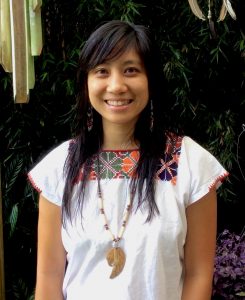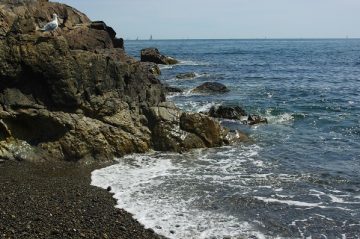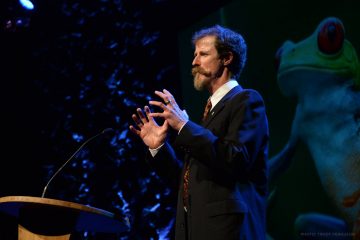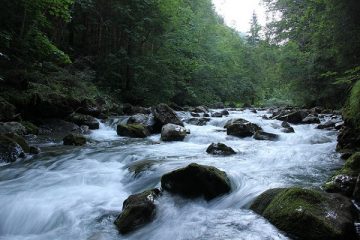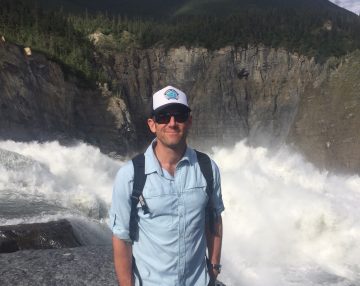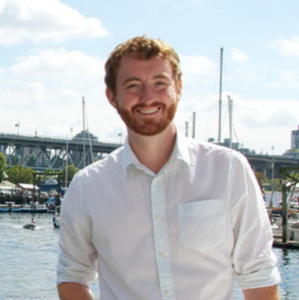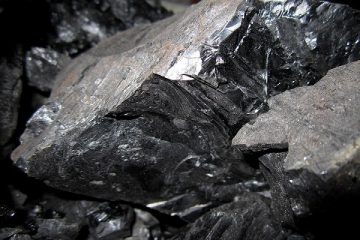IRES Seminar Series
Time: 12:30pm to 1:30pm (every Thursday)
Location: AERL Theatre (room 120), 2202 Main Mall
***************************************************************************
Sustainable Communities of Change: An Indigenous Perspective on Hope.
ABSTRACT
An Indigenous perspective on hope is to understand that hope is an essential element to inspire the courage to do things differently, since doing the same things will only produce the same results. Hope inspires change. Inspirations for sustainability solutions will require opportunities to do things in new and different ways, to make the most impact and the most sense. Unless people can shift themselves away from current models of dependency on the unsustainable practices evident in a system triggering unbridled development some fundamental questions are required. What does that “dependency” look like if unpacked? What does ecological sustainability mean for everyday working people? Where does “sustainability” begin? If hope to be created, where can solutions that will shift the paradigm best take shape? Solutions may mean actively finding tools for “whole community change.” The seminar will cover some solution-inspired ideas based on several examples providing hope.
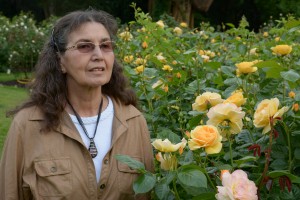
Photo credit: Laura Sawchuk
BIO
Jeannette Armstrong is Syilx Okanagan, a fluent speaker and teacher of the Nsyilxcn Okanagan language and a traditional knowledge keeper of the Okanagan Nation. She is a founder of En’owkin, the Okanagan Nsyilxcn language and knowledge institution of higher learning of the Syilx Okanagan Nation. She currently is Assistant Professor and Canada Research Chair in Indigenous Okanagan Philosophy at UBC Okanagan. She has a Ph.D. in Environmental Ethics and Syilx Indigenous Literatures. She is the recipient of the EcoTrust Buffett Award for Indigenous Leadership and in 2016 the BC George Woodcock Lifetime Achievement Award. She is an author whose published works include poetry, prose and children’s literary titles and academic writing on a wide variety of Indigenous issues. She currently serves on Canada’s Traditional Knowledge Subcommittee of the Committee on the Status of Endangered Wildlife in Canada.
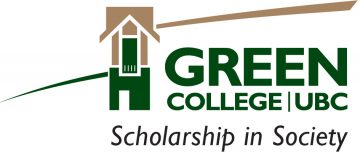

New this year: With humanity’s creation of a new geological era marked by dominant human influences on planetary processes, the Anthropocene seems to offer little hope.
And yet, the same ingenuity that enables human domination over the Earth also allows a certain genius in addressing the many rising environmental and sustainability challenges.
Hope in the Anthropocene will showcase such inspirations and solutions in tackling climate change, harnessing energy, feeding humanity, governing states, and meeting our collective water and sanitation needs all while respecting Indigenous peoples and protecting nature and its benefits for people.
A collaboration between Green College and the Institute for Resources, Environment and Sustainability at the University of British Columbia, Hope in the Anthropocene will feature 6 accomplished speakers from around the world presenting in the IRES Seminar Series.
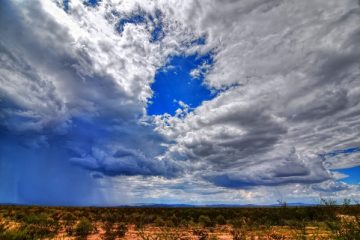
Photo credit: Robert Hensley from flickr/Creative Commons


